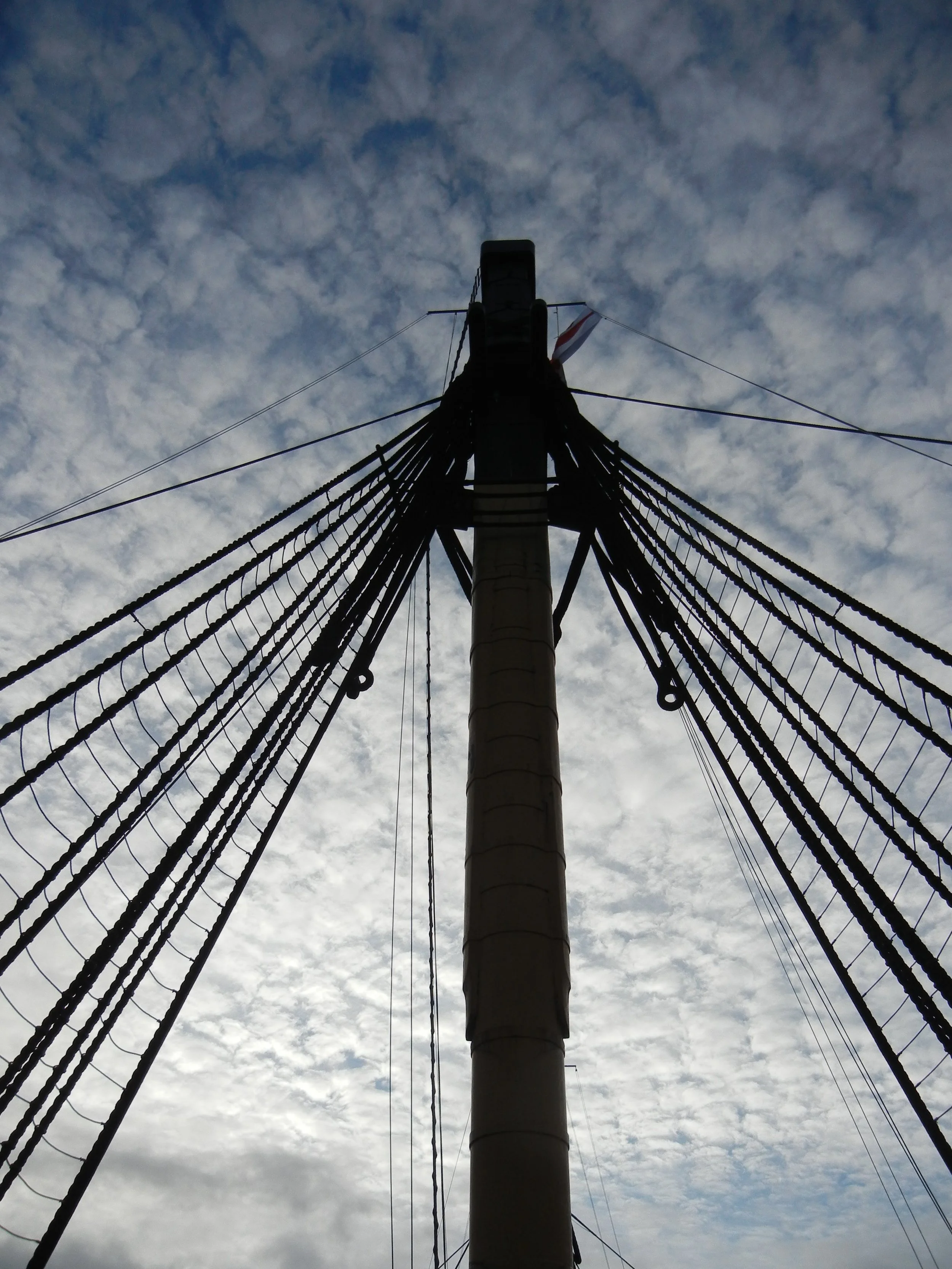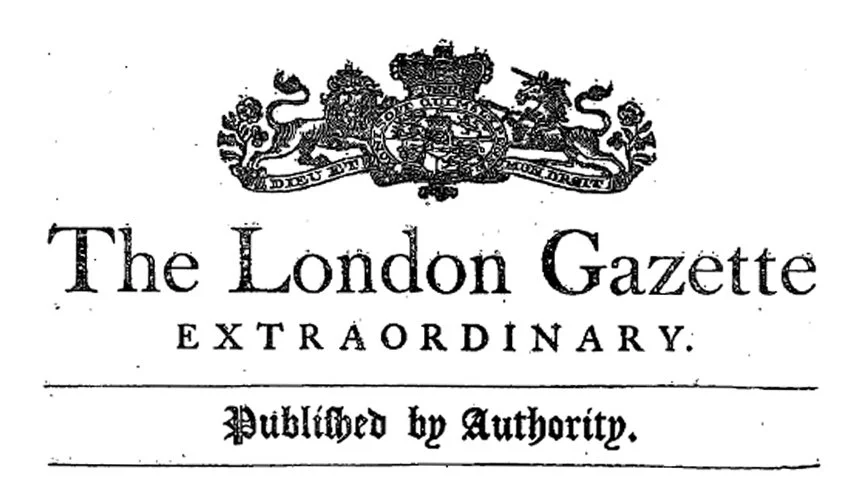Books
The Horrible Peace: British Veterans and the End of the Napoleonic Wars
The University of Massachusetts Press (2023)
Few battles in world history provide a cleaner dividing line than Waterloo: before, there was Napoleon after, there was the Pax Britannica. While Waterloo marked France’s defeat and Britain’s ascendance as an imperial power, the war was far from over for many soldiers and sailors, who were forced to contend with the lasting effects of battlefield trauma, the realities of an impossibly tight labor market, and growing social unrest. The Horrible Peace tells a story of distress and discontent, of victory complicated by volcanism, and of the challenges facing Britain at the beginning of its victorious century.
Examining the process of demobilization and its consequences for British society, The Horrible Peace draws on archival research and veterans’ memoirs to tell the story of this period through the experiences of veterans who struggled to reintegrate and soldiers and sailors who remained in service as Britain attempted to defend and expand the empire. Veterans were indeed central to Britain’s experience of peace, as they took to the streets to protest the government’s indifference to widespread unemployment and misery. The fighting did not stop at Waterloo.
Praise
“Wilson’s thoughtful use of first-hand accounts, memoirs, literature, and songs adds depth to a crisp narrative. He also explains why comparable studies for other conflicts are needed, and how lessons from history can help inform how modern governments and militaries might better address their own handling of peace beyond the headlines.” - Lincoln Paine, author of The Sea and Civilization: A Maritime History of the World
“The Horrible Peace makes novel arguments, and its focus on demobilization offers a truly original take on the Napoleonic era. This is a vital book and represents a crucial contribution to our understanding of warfare, politics, and society in early nineteenth-century Britain.” - James Davey, University of Exeter
“By welding together the post-war political battles—establishment politicians against radicals, bosses against industrial workers—and further weaving into that the fate of thousands of demobilized soldiers and sailors, Wilson produces an exciting and unpredictable narrative, well explained.”—Roger Knight, author of Convoys: The British Struggle Against Napoleonic Europe and America
“The Horrible Peace is a seminal work. Broad ranging but sharply focused, it is the first history of British demobilization at the end of the Napoleonic Wars and its consequences. It fills a major gap in the existing literature and raises broader questions about the nature of early nineteenth-century Britain.” Martin Wilcox, University of Hull
A Social History of British Naval Officers, 1775–1815
The Boydell Press, 2017
My first monograph explores the world of British naval officers at the height of the Royal Navy's power in the age of sail. It describes the full spectrum of officers, from commissioned officers to the unheralded but essential members of every ship's company, the warrant officers. The book focuses on naval officers' social status and its implications for their careers. The demands of life at sea conflicted with the expectations of genteel behavior and background in eighteenth-century Britain, and the ways in which officers grappled with this challenge forms a key theme.
Drawing on a large database of more than a thousand officers, the book argues that, contrary to the prevailing view, officers were mainly from the middling sort, not the landed elite. It shows how the navy attracted hordes of hopeful commissioned officers, how unemployment was common for the majority even in wartime, and how only a select group managed to gain promotion to post-captain. The book corrects our understanding of the men who lived and served in the wardrooms of the Royal Navy and refocuses our attention away from those who won fame and fortune and onto ordinary naval officers.
Reviews
“A valuable contribution to existing scholarship which deserves its place on the shelves of academics and amateurs.” - The Nelson Despatch
“An innovative analysis of the British naval officer corps of the late eighteenth century.” - James Davey, The English Historical Review
“[Wilson] has presented a strong case for adjusting our idea of the background, the career path, prospects and social standing of warrant and commissioned officers between 1775 and 1815. This book will appeal to people studying the Royal Navy of the long eighteenth century, the development of naval officers, and the ideas of ‘nobility’ and ‘gentleman.’” - Thomas Malcomson, Northern Mariner/Le Marin du Nord
“Highly recommended, both as an excellent guide to the late eighteenth century naval officer corps, and as a model for conducting naval history in combination with social and cultural perspectives.” - Timothy Jenks, International Journal of Maritime History
edited books
Planning for War at Sea: 400 Years of Great Power Competition
Naval institute Press, 2024
How have navies thought about possible enemies? How did they learn, or fail to learn, once operations began? What lessons can we highlight for today’s practitioners? These questions guide the contributors to this book. Case studies range from the Anglo-Dutch Wars of the seventeenth century through to the current conflict in Ukraine. In between, there are studies of how British strategists responded to the changing character of their French enemy after 1789, an analysis of the evolution of Sir Julian Corbett’s thought through the First World War, several cases drawn from the interwar period and the first few years of the Second World War, and new perspectives on the U.S. Navy’s Maritime Strategy of the 1980s. The book is the product of a conference held at Yale in April 2022 and will be published by Naval Institute Press in late 2023.
Navies in Multipolar Worlds: From the Age of Sail to the Present
Routledge, 2020
Recent challenges to US maritime predominance suggests a return to great power competition at sea, and this new volume looks at how navies in previous eras of multipolarity grappled with similar challenges. The book follows the theme of multipolarity by analyzing a wide range of historical and geographical case studies, thereby maintaining the focus of both its historical analysis and its policy implications. It begins by looking at the evolution of French naval policy from Louis XIV through to the end of the nineteenth century. It then examines how the British responded to multipolar threat environments, convoys, the challenges of demobilization, and the persistence of British naval power in the interwar period. There are also contributions regarding Japan’s turn away from the sea, the Italian navy, and multipolarity in the Arctic. This volume also addresses the regional and global distribution of forces; trade and communication protection; arms races; the emergence of naval challengers; fleet design; logistics; technology; civil-naval relations; and grand strategy, past, present, and future. This book will be of much interest to students of naval history, strategic studies and international relations history, as well as senior naval officers.
The Hattendorf Prize Lectures, Volume 1: 2011-2019
Naval War College Press, 2020
This book brings together the first four Hattendorf Prize lectures. The Prize is given by the U.S. Naval War College to honor distinguished original research in maritime history. It consists of a cash payment and a medal, seen above, and the recipient is invited to give a lecture. The first recipient was N.A.M. Rodger in 2011, followed by Paul Kennedy in 2014, Werner Rahn in 2016, and Geoffrey Till in 2018. Let this volume serve three purposes. First, it is an example of naval history done well. All the essays were written by distinguished scholars, and they demonstrate the best of the field. They look beyond operations, integrating sea power into larger frameworks; they revel in complexity, rejecting simple explanations; and most of all, they ask the right questions. The lectures also demonstrate the enduring relevance of sea power theory. Mahan is not enough, but—thanks in part to the prize laureates—no one is suggesting that he is. Understanding the parameters of the historical debates, as well as their limitations, is essential for all those interested in naval history.
Eighteenth-Century Naval Officers: A Transnational Perspective
palgrave macmillan, 2019
This book surveys the lives and careers of naval officers across Europe at the height of the age of sail. It traces the professionalization of naval officers by exploring their preparation for life at sea and the challenges they faced while in command. It also demonstrates the uniqueness of the maritime experience, as long voyages and isolation at sea cemented their bond with naval officers across Europe while separating them from landlubbers. It depicts, in a way no previous study has, the parameters of their shared experiences—both the similarities that crossed national boundaries and connected officers, and the differences that can only be seen from an international perspective.
Strategy and the Sea: Essays in Honour of John B. Hattendorf
The boydell press, 2016
This book presents a wide range of new research on many aspects of naval strategy in the early modern and modern periods. Among the themes covered are the problems of naval manpower, the nature of naval leadership and naval officers, intelligence, naval training and education, and strategic thinking and planning. The book is notable for giving extensive consideration to navies other than those of Britain, its empire and the United States.












